CCF SA is committed to providing a supportive teaching and learning environment that is responsive to individual learner needs.
This document provides information regarding the support and educational services that are available to learners to achieve successful completion of their course. Also it sets out the operational guidelines to identify and address learners with support needs and at risk.
CCF SA (RTO 45621) represents the trading names of:
Prior to enrolment all learners are provided with the pre-enrolment brochure and course information brochure, which includes details on requirements necessary to enter and successfully complete the course. Qualification learners will also receive a Learner Handbook upon induction. Learners interested in completing a qualification course are requested to attend the Course Information Session prior to enrolment or commencement whichever comes first. The Course Information Session encompasses a range of information including minimum course attendance, physical and academic pre-requirements and support and educational services available.
CCF SA engages closely with learners to be able to identify, understand and address their needs prior to enrolment. Learners should advise CCF SA of any support they might require. Support needs may be associated with:
Learner support needs may be identified:
Indicators that suggest a learner has English language needs could include:
CCF SA uses the ACER Core Skills Profile for Adults (CPSA) to help screen learners prior to enrolment. This assists CCF SA to determine if a prospective learner meets the LLN requirements of the course for which they are applying, whether identified LLN needs can be met by CCF SA internal support or whether the learner would benefit from referral to an external provider.
The CSPA does not assess English language capability. Where CCF SA is made aware that a prospective learner’s first language is not English, CCF SA will contact them for a telephone interview to determine suitability for the course.
Prospective learners in South Australia who are seeking funding subsidy under WorkReady are required to undertake the ‘Upfront Assessment of Need’ process. This includes:
CCF SA offers a range of services and activities which aim to support learners and assist them during their training. Fees may apply to some internal services depending on the amount of support required. For more details on fees please refer to Fees and Refunds Policy available at www.www.civiltrain.com.au. The services and activities available include:
CCF SA trainers and assessors are experienced in working with people from culturally diverse backgrounds for whom English is not their first language. Trainers have developed a range of practical devices to assist in overcoming the language barrier. These include games, pictures and diagrams.
CCF SA trainers and assessors are experienced in working with people who require some assistance with speaking, reading, writing and maths. All assessments are available in oral form, if allowed by the unit of competency and/or the licensing agency, where applicable. Prior notice will need to be provided so ensure resources can be allocated to a verbal assessment. CCF SA trainers and staff will provide additional academic assistance if a learner requires it. This assistance is generally provided out of class hours for groups or in particular circumstances individual appointments can be arranged.
Informal IT support may be provided by CCF SA staff to help learners with technology issues related to their course. Recognition of Prior Learning (RPL) & Credit Transfer (CT) RPL & CT are available to all learners and CCF SA trainers and staff will provide learners with assistance to prepare for RPL or Credit Transfer.
CCF SA trainers and staff will provide learners with assistance to develop their self-directed study skills and assignments.
CCF SA trainers and staff may provide learners with career mapping assistance, job seeking and structured workplace mentoring support for a period of up to 3 months after commencing employment. CCF SA staff have undertaken mental health awareness training and may refer learners to an external counsellor, where appropriate. Counselling support is not and cannot be provided by CCF SA staff. CCF SA engaging in personal counselling may be subject to disciplinary action.
Assistance is provided in identifying and accessing appropriate web based information sources, relevant to the learner’s course.
Tea/coffee making facilities are provided for learners and is included in course fees. Meals are not provided. Where possible, CCF SA offers refrigeration facilities for learners wishing to bring in their own food. All CCF SA training facilities are within a reasonable distance to local eateries.
Where learners’ needs cannot be addressed by CCF SA, learners will be referred to an external support service. No charge is made by CCF SA to learners for referral and every effort will be made to access free or low cost services. All costs directly associated with the support service are borne by the learner. CCF SA will assist the learner to access appropriate funding or medical benefit rebates as may be available from time to time. CCF SA may refer learners to third parties providing the following services:
Learner Support Services (LSS) provide individualised support to learners with barriers to training through a case management model. Learners eligible for LSS are those who are studying a full qualification on the WorkReady Subsidised Training List (including trainees and apprentices), and have complex support needs interfering with their studies. CCF SA refers eligible learners to an external LSS provider.
Learners who require higher levels of academic support will be referred to an external specialist. This support is arranged on an as needs basis.
CCF SA trainers and staff are not qualified counsellors and will not provide personal counselling. CCF SA will provide learners with, and assist them to access, reasonable counselling options.
CCF SA will assist in the identification of appropriate legal services should a learner require them for any purpose.
Learners are required to attain minimum academic and attendance standards. Learners do not meet minimum academic and attendance standards in a course if they:
Learners who do not meet the minimum academic and/or attendance standards or have behavioural, personal or external issues affecting their capacity to complete the course are deemed to be “at risk”.
If the trainer or other CCF SA staff identifies a learner to be at risk, the trainer or staff member refers the learner to the Accountable Officer. The Accountable Officer will discuss with the trainer the applicable issues with the learner:
Depending on the outcome of those preliminary discussions, the Accountable Officer will discuss with the learner (and the parent/guardian if a minor child) and the trainer (if appropriate) the cause of the poor attendance/academic performance and/or behavioural or personal issue and negotiate an appropriate intervention/assistance plan. The support program which may include one or more of the following:
A record of the intervention measures implemented will be kept in the learner’s file, including a record of outcomes monitoring activities. Where the support plan is proving to be unsuccessful the support plan will be re-evaluated with the learner and parent/guardian if a minor child.
An attempt at intervention will be made after each warning letter is sent to the learner, for any of the following reasons:
at risk of having their enrolment cancelled (expulsion) based on behavioural issues or breaches of Learner Code of Conduct.
Learners at risk who refuse to participate in an intervention strategy will be given reasonable opportunity to improve their academic or attendance levels. If the learner does not identify issues, is not cooperative or does not participate in the intervention strategy the Accountable Officer will discuss with the learner, and parent/guardian if a minor child, issues such as:
If levels are not improved within a reasonable period of time, which has been negotiated with the learner and parent/guardian if a minor child, the learner’s studies will be terminated and a Statement of Attainment for all successfully achieved units is to be provided to the learner within a timely manner.
Learners who do not agree with a CCF SA decision may access the Appeal Process within 10 working days of the decision being provided to them in writing.
If a Learner does not access the Appeal Process within the specified period of time CCF SA’s decision will stand and no further recourse will apply.
Where a learner requires support or additional learning that necessitates the deferment of studies the learner is not to be penalised in regards to the deferment.
The Accountable Officer will evaluate the reason and time requested and set a timeframe for the learner’s return to complete studies.
If the learner without further negotiation does not return to complete their studies within the agreed period a Statement of Attainment for satisfactorily achieved units is to be provided to the learner in a timely manner.
(08) 8111 8001
courses@ccfsa.com.au
As the training division of the civil CONTRACTORS FEDERATION SOUTH AUSTRALIA, we come with some heavy duty industry endorsement. Here are just a few of our valued industry partners that are proud to use Civil Train as their training provider of choice.




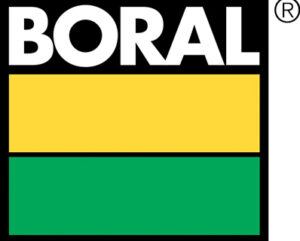
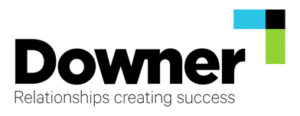







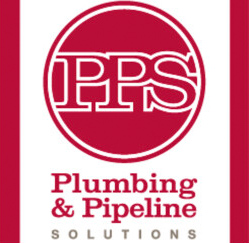
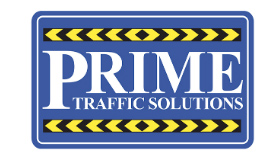
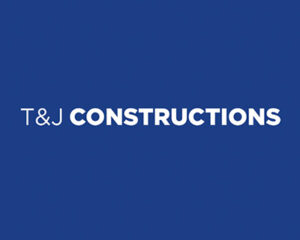
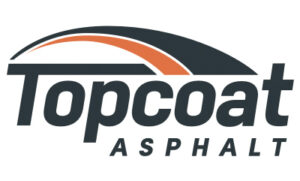



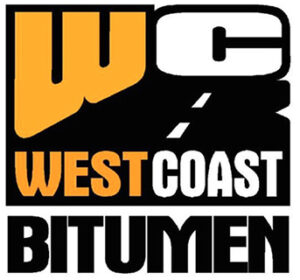
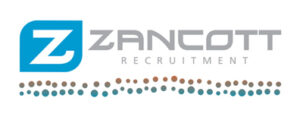




Office Details
1 South Road, Thebarton SA 5031, Australia
Ph: 08 8111 8001 Fax: (08) 8111 8002
Email: courses@ccfsa.com.au
Civil Train Live Works Site
59-71 Heaslip Rd, Burton, SA 5110, Australia
Alice Springs
475 South Stuart Highway, Kilgariff NT 0873, Australia
Ph: 08 8953 3515 or 0416 439 090
Email: coursesnt@ccfsa.com.au
CCF WA House
70 Verde Drive, Jandakot WA 6164, Australia
Ph: 08 9417 1980 or 0400 223 470
Email: courseswa@ccfsa.com.au

